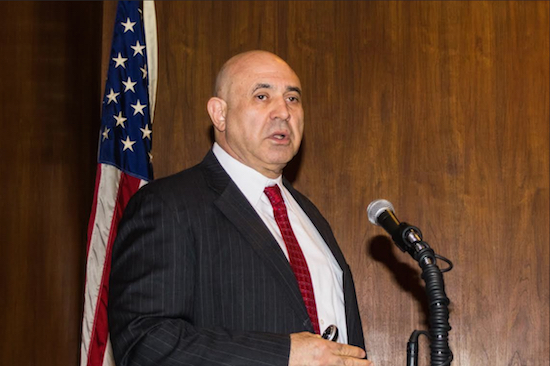Justice Leventhal covers Confrontation After Crawford at Brooklyn Bar Association CLE

Justice John M. Leventhal presented a Continuing Legal Education (CLE) lecture at the Brooklyn Bar Association (BBA) titled “Confrontation After Crawford,” where he discussed the implications and effects of the U.S. Supreme Court Case Crawford v. Washington at the BBA headquarters on Remsen Street Monday night.
“Judge Leventhal was first appointed an associate justice in the Appellate Division in 2008,” said Steve Cohn as he introduced Leventhal. “He is a frequent lecturer on evidence. In 2015, he received the Brooklyn Bar Association’s annual award for outstanding achievement. He was also the editor-in-chief of our Barrister.

Brooklyn Boro
View MoreNew York City’s most populous borough, Brooklyn, is home to nearly 2.6 million residents. If Brooklyn were an independent city it would be the fourth largest city in the United States. While Brooklyn has become the epitome of ‘cool and hip’ in recent years, for those that were born here, raised families here and improved communities over the years, Brooklyn has never been ‘uncool’.